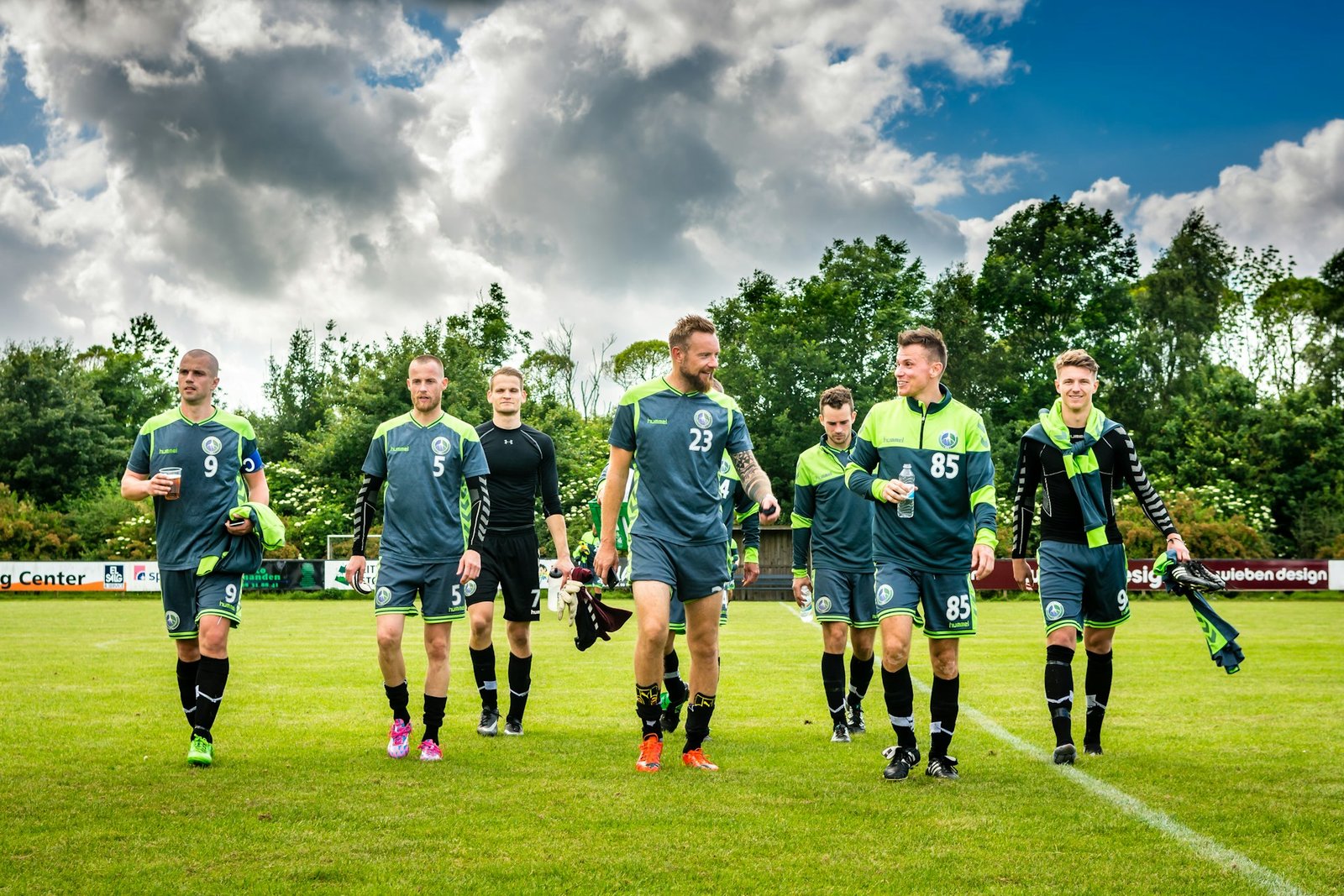Brain and Team Sports: Synergies for an Excellent Mind
May 28, 2024

May 28, 2024
Those who have experienced the thrill of a shared victory or the struggle for a common goal know that team sports are much more than just physical activity.
They are a complex set of experiences capable of shaping not only our bodies but also our minds.
In recent decades, science has made great strides in understanding how physical exercise affects the human brain.
In particular, team sports help improve cognitive abilities such as memory and decision-making, significantly influencing brain functions.
Neuroplasticity: The Essence of Brain Changes
To begin with, it is important to understand the concept of neuroplasticity.
The human brain is extraordinarily plastic, meaning it can change and adapt in response to environments, experiences, behaviors, and injuries.
This involves the formation of new neural connections, which define aspects like our character, and the strengthening or weakening of existing ones, allowing the brain to develop, learn, and recover.
Team sports, which combine physical activity, social interaction, and strategy, stimulate neuroplasticity in unique and complex ways.
Memory & Benefits of Team Sports
One of the cognitive abilities that benefit most from practicing team sports is memory.
Several studies have shown an increase in the production of neurotrophic factors that facilitate the growth and survival of neurons.
This phenomenon is particularly impactful in the hippocampus, the brain region responsible for forming and retrieving memories.
Sports require the continuous acquisition and recall of information, from game rules to team strategies, to remembering opponents’ movements.
Decision-Making: A Daily Training
Moreover, team sports are inherently dynamic and unpredictable.
Athletes are required to make quick and accurate decisions under pressure, sometimes based on incomplete information.
This necessity develops critical thinking and problem-solving skills, which are essential both on and off the field.
Decision-making encourages strategic planning and anticipating opponents’ moves, enhancing the ability to think ahead and adapt to new situations.
Social Interaction: A Powerful Cognitive Catalyst
Another crucial aspect is social interaction.
Collaborating with teammates improves communication skills, as well as empathy and teamwork.
Indeed, interaction stimulates a network of brain regions involved in understanding and managing interpersonal relationships.
Intense and collaborative social activities in team sports promote the production of oxytocin, a hormone associated with trust and social cohesion, with positive effects on mental health and overall well-being.
Psychological Benefits of Team Sports
Finally, practicing a team sport also has a considerable impact on stress and anxiety management.
Physical exercise is known to reduce cortisol levels, the stress hormone, and increase the production of endorphins, which improve mood and psychological well-being.
Being part of a team instills a sense of belonging and social support, crucial for dealing with stressful situations.
The support of teammates and the shared experience of victories and defeats help strengthen emotional resilience.
If you’d like a free consultation to discover what kind of sponsorship might suit you, contact us. We’re waiting for you!
Recent Posts
- Tailored Financial Solutions: The Competitive Edge for Growth-Driven Companies
- Content Marketing in Sports: The Truth About Storytelling
- The Body Remembers: How Sports Unlock Emotional Memory
- How to Use Sports Sponsorships to Reduce Business Taxes
- Injury Prevention: The Best Diet for Muscle and Joint Protection
Categories
Completely synergize resource is taxing relationships via premier are man niche markets. Professionally cultivate one to one customer.